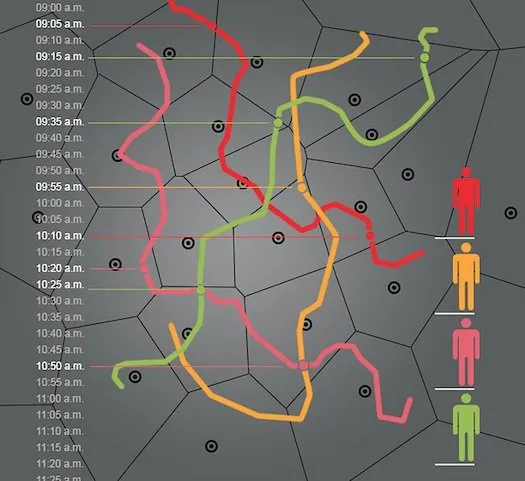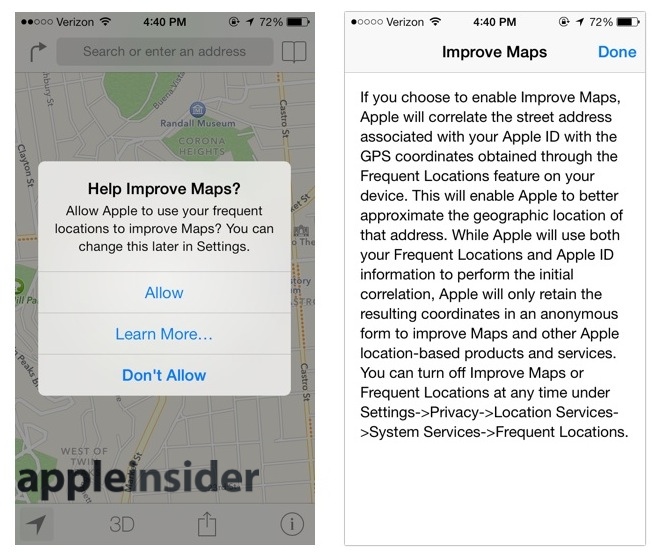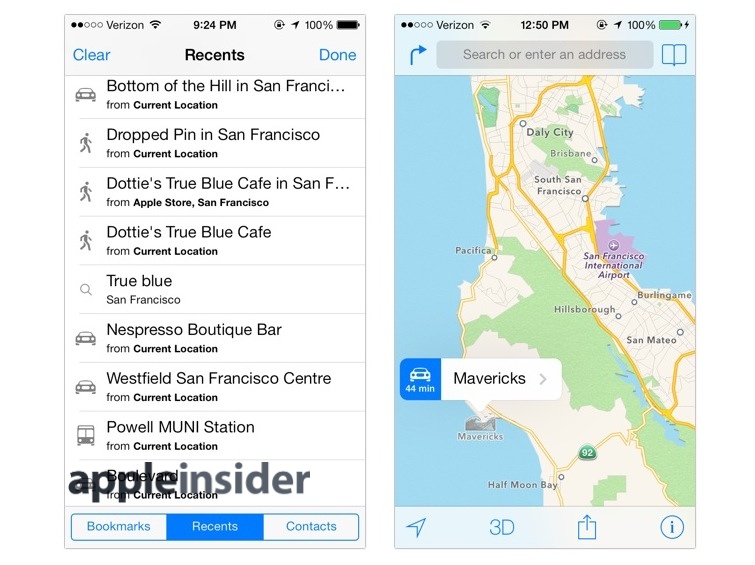
Location data points from Cellphone usage: compromising your location!
Could your mobile phone be used to track you even if the data is anonymous? “Unique in the Crowd: The privacy bounds of human mobility” is not only an interesting piece of research, its something that all of us were certain was possible, even practiced but never really thought could be proved.
Although the wide spread use of sensor-studded cellphones have led to a wealth of information from apps that help community scientific experiments to voluntary geographic data collection that can help combat emergency and natural disasters but until today we believe that being anonymous meant that your location information was not being compromised or in other words it is not possible to hunt you down using such anonymous data. But guess what? We were all wrong! Wondering it should be difficult to do so right? Just how hard could it to be identify the identity of one anonymous cellphone user in a database that will contain millions of such records.. Apparently not so difficult.
Tracking your location!!
Rendering by Christine Daniloff/MIT of an original image by Yves-Alexandre de Montjoye et al.
The research says that just 4 random points from our mobile phone’s location data is enough to put a name to 95% of the data in a cellphone database that is technically anomymized i.e. the data does not have any individual identification fields. Highly vindicating the growing concern that data available in the public domain – cellphone location information is not as anonymous as previously thought!
The research was carried out by researchers at MIT and the Université Catholique de Louvain, in Belgium. They had analyzed data of over a million cellphone users in a small European country over a span of 15 months and found that just four points of reference, with fairly low spatial and temporal resolution, was enough to uniquely identify 95 percent of the cellphone users.
In other words, to extract the complete location information for a single person from an “anonymized” data set of more than a million people, all you would need to do is place him or her within a couple of hundred yards of a cellphone transmitter, sometime over the course of an hour, four times in one year. A few Twitter posts would probably provide all the information you needed, if they contained specific information about the person’s whereabouts. – MIT News
The research adds more to the privacy debate that has been gathering steam over the last couple of months! What do you geo people think about this? Bottomline: Location data points from Cellphone usage is definitely comprising your location!







